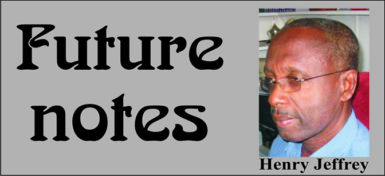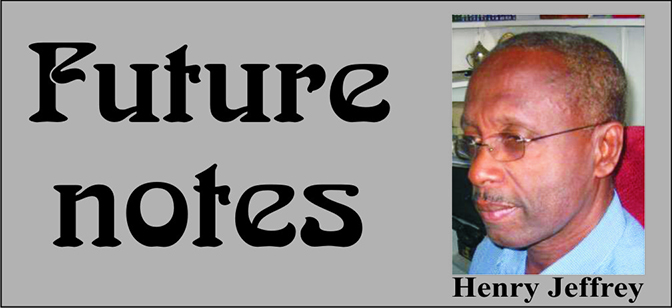
Charles-Louis Baron de Montesquieu
I can say without fear of contradiction that the vast majority of us would accept the above as a useful general rule. Yet, for most of seven decades, we have consistently indulged in the opposite, largely because of an overreliance on tradition to guide our enterprises. True, we need to change the current semi-presidential system, which has placed the heads of ethnic political parties in control of both law-making and the executive for long periods, giving to the incumbents massive leverage over those who adjudicate. But I am usually astonished when some of the fiercest critics of this caustic relationship support reversion to our pre-independence Westminster-type system – which birthed this incestuous relationship – for salvation. None other than Lord Hailsham, a former Lord Chancellor of the United Kingdom, declared the British system of government, the mother of all Westminster-type parliamentary systems, an ‘electoral dictatorship’. Indeed, I venture to say that had it not been for the conventions, acquired gradually after much bloodshed over centuries, which underpin its architecture, the present arrangement would not work even in the United Kingdom.
However, I referred to Montesquieu not mainly to question our previous efforts but because, mistaken as he was at the

